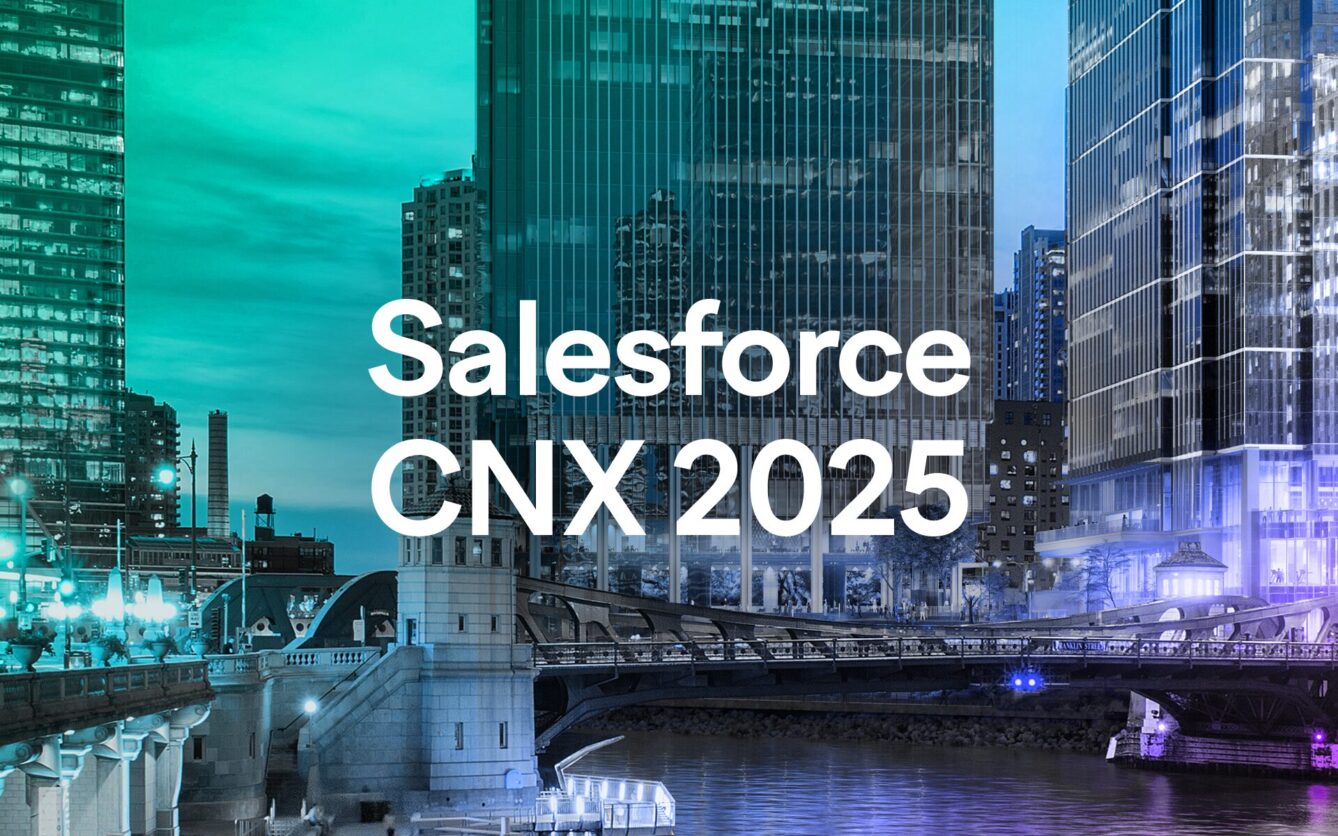Thinking /
Thinking
-
-
Accelerating Brand Success on Amazon: A Post Amazon Accelerate 2025 Primer for Brands
-
Amp Agency + AUC Unify to Form AMP (Advantage Marketing Partners)
-
How the Whimsy of Summerween Can Shape How Brands Show Up at Halloween
-
Three Key Takeaways from Google Think Retail 2025
-
Nudging Toward a Greener Cart: Why Sustainability Messaging Must Evolve for Today’s Shopper
-
The Future of Marketing Revealed: Key Insights from Salesforce Connections 2025
-
Nudging the Generations: How Behavioral Science Can Power Smart Commerce







